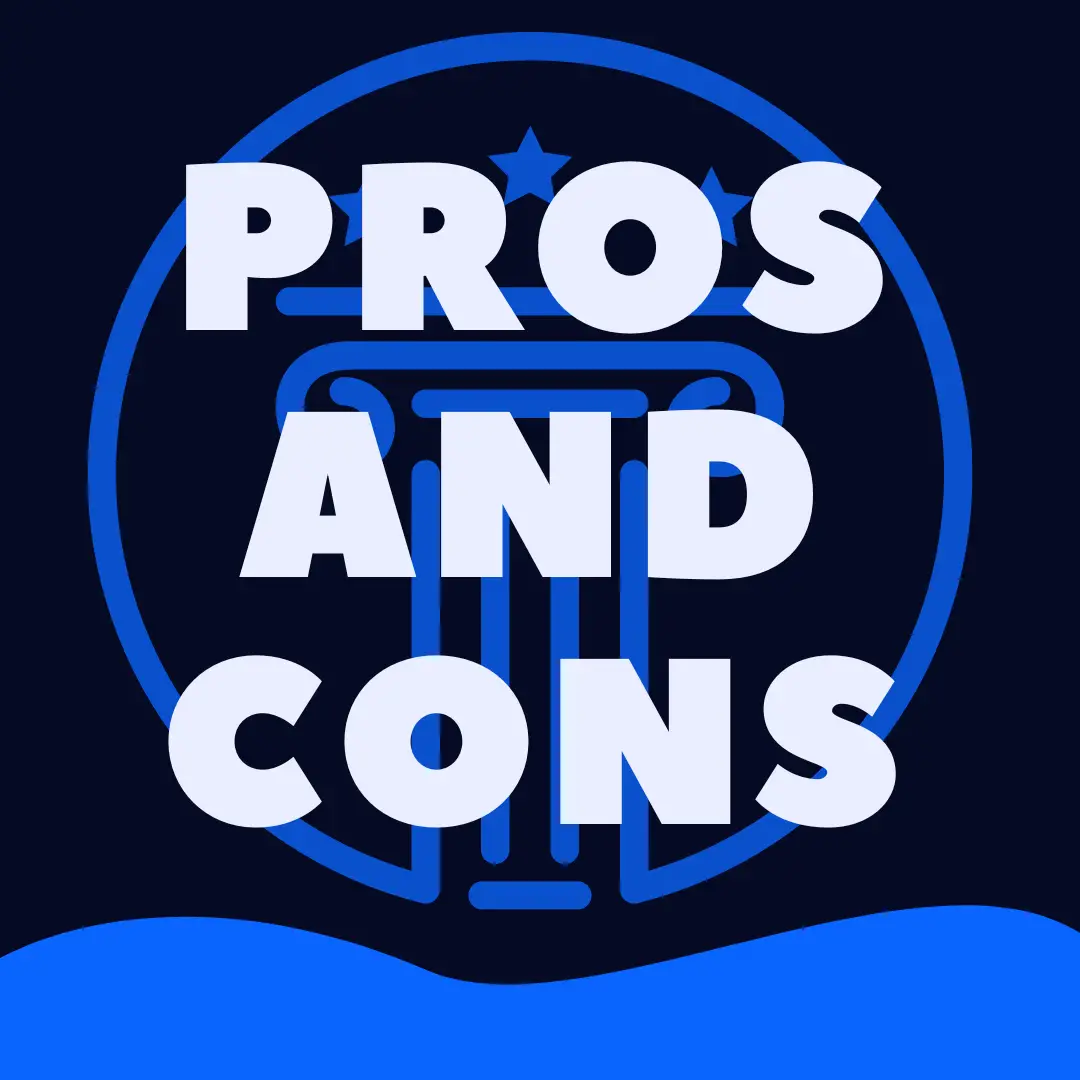There are pros and cons to probation.
In the article that follows, we’ll explain some of the positives and negatives to probation.
Advantages and Disadvantages of Probation
Disclaimer
The contents of this web page are for informational purposes only, and nothing you read is intended to be legal advice. Please review our disclaimer about law/legal-related information on this website before taking action based upon anything you read or see.
First, what is probation?
To understand the advantages and disadvantages, it is important to understand what probation is (and is not).
Probation is often used on its own, or even in conjunction with jail and community service, to punish the defendant for the wrongs he has committed.
While on probation (depending on the seriousness of the offense), the defendant will be supervised either by the court/judge or a probation officer.
During probation, the defendant will have to abide by a number of different rules, which can include:
- contacting the supervisor on a regular basis
- notifying the supervisor of a change of address or contact information
- avoiding the use of substances
- committing no new crimes
- committing no traffic offenses
- staying away from specific places or people
- completing a certain number of volunteer hours
- completing road clean up hours
- obtaining employment at least part-time
- going to school
Depending on the case, probation can be as short as 12 months, or much, much longer.
Advantage: Avoiding Jail
The first advantage is the one most people understand.
Getting probation usually means avoiding some or all of a jail sentence.
People look at jail as being the worst possible outcome, and see probation as a much better alternative.
After all, on probation, most normal activities can continue.
A defendant can go to work, go to school, go out to dinner, watch Netflix at home, workout, etc.
Disadvantage: Easy To Reoffend
A downside of a relatively easy punishment is that there might not be much learning that results.
Some people need to suffer a bit (or a lot) to change their behavior.
A slap on the wrist might not be enough of an incentive to keep someone from committing the same conduct that got them in trouble in the first place.
Plus, since there is no one around telling them what to do (aside from check-ins or meetings), there’s no one by the defendant to make bad decisions.
Many people who get probation for their first offense end up re-offending, even before their initial probation has been completed.
Advantage: Flexibility
Each person is different, and has different needs.
With probation, the PO can work with the defendant to get him the help that he might need in order to be successful, such as rehab or counseling.
There are fewer options for defendants in jail, and the focus is rarely about trying to help the defendant become a better person.
Disadvantage: The Rules
While on probation, there can be a lot of rules.
Ignorance will not be an excuse.
There will be times where it will be hard to follow the rules, like at social gatherings where friends and family are all enjoying off-limits beverages or substances.
The defendant is expected to know them, and follow them.
Even when it is not fun to do so.
Advantage: Few People Will Know
When you are on probation, most people will have no idea.
You’ll be on your regular schedule, and so long as no one does a public records search or a background check, no one will every know that you were convicted of a crime.
Unless your place of employment has a rule about convictions (such as in the medical field or in education), you might not have to tell anyone, ever.
(Unless someone publishes your mugshot to one of the local social media groups, that is).
Disadvantage: Takes a Long Time
While most people prefer to do probation rather than jail, probation usually ends up lasting much, much longer than a straight jail sentence.
For example, someone convicted of intoxicated driving for the first time might be looking at 30 days jail or 24 months of probation.
While the short jail sentence might be uncomfortable (and harmful to school/employment), at least it would be over and done with.
Probation, on the other hand, can be extended if you make mistakes.
Advantage: Support Your Family
A good reason to do probation when the option presents itself is that the defendant will still be able to support his family, assuming his conviction doesn’t cost him his job (like a DUI/DWI conviction might get a long haul driver fired).
But even if he loses his job, a defendant can go out and look for other employment.
For a family that depends upon the income of the defendant to pay the bills and survive, probation is an massive advantage.
Disadvantage: Employment
While there is a lot of work available, some employers will not hire people convicted of certain crimes.
A defendant might have to look longer and harder for work, and accept jobs that are undesirable in order to make ends meet.
Advantage: Stay Local
On probation, the defendant does not have to move anywhere to be supervised.
In contrast, an individual sentenced to a jail term might end up across the state or even across the country to serve out his sentence.
Staying local makes it much easier to have contact with and be supported by loved ones and friends.
Disadvantage: Dealing With The Probation Officer
Having a probation officer can be difficult for some defendants.
Sometimes defendants and probation officers get along like oil and water.
It may be uncomfortable reporting to someone the defendant doesn’t like or get along with.
When the defendant struggles to manage his relationship with his PO, he may find himself struggling to stay on track and do the things he needs to do to stay compliant.
Advantage: Cost
Even though probation can last much longer than jail time, the cost of supervising a defendant for months (or even years) is much less than what it costs to house a defendant in the jail.
Advantage: Avoiding Additional Criminal Socialization
Putting someone in jail puts that person in the same space as other people who have committed crimes.
This can help low level offenders form relationship with higher level offenders that can contribution to trouble later on.
Disadvantage: Community Response
People love to comment from their armchairs.
It is easy to be critical of the justice system when it seems like people escape punishment with “probation.”
Most people don’t realize that there are many pros and cons to probation, and seek only to see justice served (in the form of jail time).
Putting people on probation can be in the best interests of the defendant and the community, but this can lead to a loss of confidence in elected officials, law enforcement, and the justice system.
Wrap Up
Want to learn more about your criminal justice system?
Browse our free legal library guides for more information.
You might also like:
- How Do Probation Officers Find Out About Police Contact?
- Can a Probation Officer Separate a Husband and Wife?
- Why Would a Probation Officer Call You?
- Can a Probation Officer Call Your Employer?
- Can a Probation Officer Search a Safe?
- Can a Probation Officer Search Your Roommate’s Room?
- Do Probation Officers Come To Your House on Weekends?
- Do Probation Officer Verify Prescriptions?
- Can a Probation Officer Lift a Warrant?
- Can a Probation Officer Come To Your Job?


